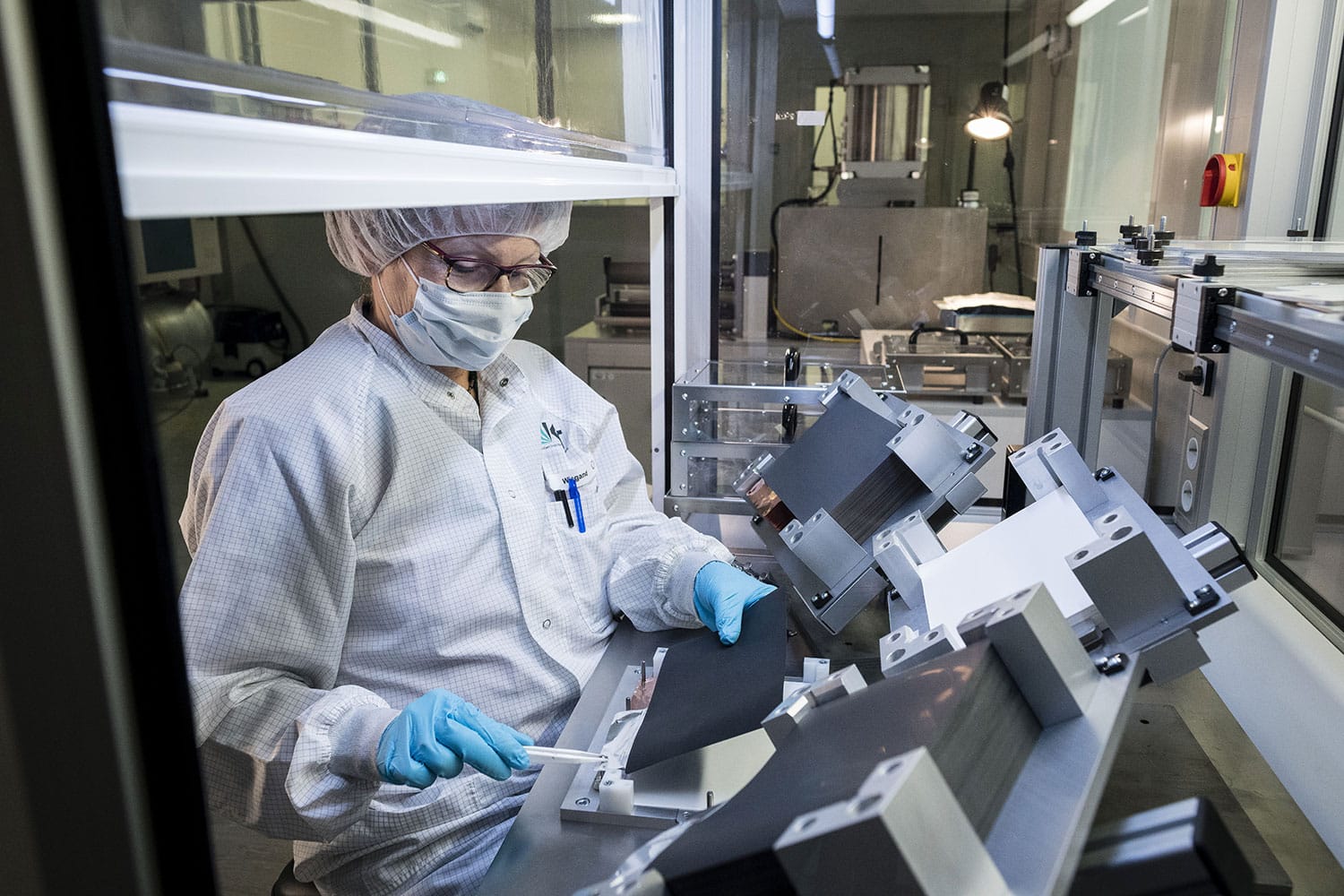
The sustainability of electric mobility is largely dependent on batteries containing important resources, such as lithium, cobalt, nickel, and manganese. Recycling batteries can generate a source for these rare metals, which must be imported to meet the demand. More than 90% of the materials used in lithium-ion batteries can be recycled.
Researchers in Germany are working on a new project, ‘LiBinfinity,’ that goes far beyond and aims to develop a holistic, energy-efficient recycling concept for lithium-ion batteries. The project LiBinfinity is being carried out by a consortium of partners, including Karlsruhe Institute of Technology (KIT), Mercedes-Benz AG, Daimler Truck AG, Primobius GmbH, SMG group GmbH, Clausthal University of Technology, and Technische Universität Berlin.
They are developing a mechanico-hydrometallurgical process without any energy-intensive process steps that will be transferred from the lab to an industry-relevant scale. The process enables higher recycling rates – materials that cannot be separated mechanically are broken down at relatively low temperatures with the help of water and chemicals. In LiBinfinity, KIT’s task is to check whether the recycled materials are suitable as starting materials for producing new batteries.
“Such validation is vital, as materials for batteries must meet high requirements,” says Dr. Joachim Binder, Head of the Synthesis and Ceramic Powder Technology Group of IAM-ESS. “This especially applies to cathode materials, as they largely determine the efficiency, reliability, lifetime, and cost of batteries.”
The Federal Ministry for Economic Affairs and Climate Action (BMWK) funds LiBinfinity with nearly €17 million, with about €1.2 million of these going to KIT.
KIT is responsible for the following activities in LiBinfinity – Entry control of recycled materials, synthesis of new cathode materials, electrode production, manufacture of large-format lithium-ion battery cells of industry quality, cell tests, and evaluation of the battery cells. Based on these studies, requirements on the quality of recycled materials will be defined for their reuse.
Researchers believe that a holistic recycling concept for battery materials will not only enhance the ecological, economic, and social sustainability of electric mobility but also reduce Europe’s dependence on imports of raw materials.
LiBinfinity project aims to turn old batteries into new ones
Source: Tambay News

0 Comments